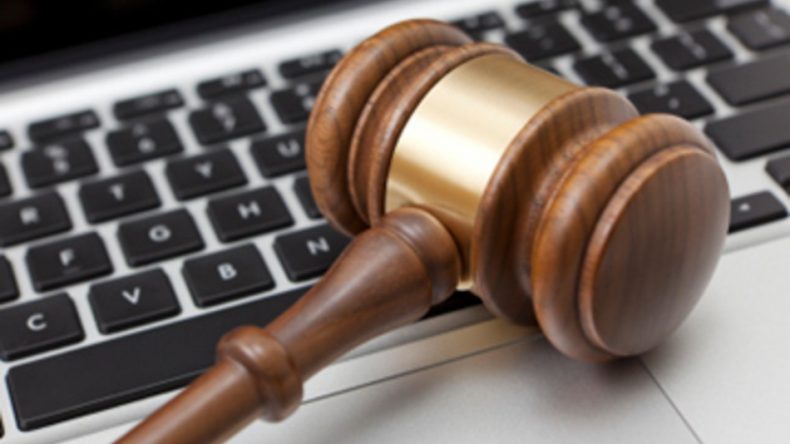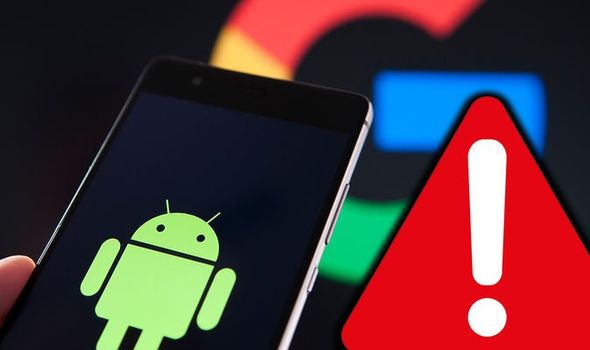
There is a necessity of having a virtual court system, and that is when cases must continue, but it is legally impossible to hold proceedings normally.
This year has found such a conundrum, one that was solved by moving the courtroom online. Has the experiment proved successful? Yes and no. Dangers are lurking, which need to be overcome for the virtual courtroom to be foolproof.
A court in the US found proceedings problematic when certain people were muted during the case, something that the law enforcement officer controlling the affairs unequivocally stated had nothing to do with him. The judge believed him – why would the officer make such a move? And, if he didn’t, then who did?
Usually, with a zoom call featuring several people in “boxes” on the screen, each participant can mute or unmute. As a participant, you can mute someone else, which is highly irregular if it was of the utmost necessity that the muted people be heard as they were giving critical evidence. As soon as the person sees they are muted, they can unmute themselves, but continuity is interrupted, and whatever was being said must be repeated.
There have been highly irregular interruptions using “zoombombings,” where the proceedings have been hacked. Zoom has tried its hardest to make such proceedings impenetrable but without success.
If a hacker wants to find passwords and code numbers needed for the online trial, they will be found, somehow or other. The hacker of this event must be highly skilled because of the sophisticated wall put up by Zoom.

Denied legal representation
Another court found that a defendant was denied legal representation during a remote bail hearing as attorneys could not get to speak to their clients. In another online bail hearing, access to counsel was subverted, resulting in excessive bail amounts.
It should also be noted that physical testimony is more credible than a person giving witness online. Also, remote trials have the presumption that all defendants have broadband internet. This is not the case at all. There is a huge digital divide in the US, leaving many without access to the internet.
Then there’s the problem of the jurors. In the online world, they can do anything they like during court proceedings and are not subject to normal juror restrictions. It would be impossible to expect the same laws to govern here, which would surely defeat the whole purpose.
Virtual hearings are becoming de rigueur, though, across the US as times remain increasingly uncertain, and the consensus is that virtual hearings are better than no hearings at all!
Most courts are opting to go the remote route in the country. In August this year, Texas became the first state to hold a virtual trial on a criminal misdemeanor case. In the same month, Florida became the first state to hold a remote jury trial.

Becoming ubiquitous
Some courts in the US had been going through some trial-and-error phases on a localized level with relatively minor cases before becoming a ubiquitous feature. Many believe that the country was not ready for such a move, the procedures were not properly in place to conduct such proceedings, and many trials should have been declared mistrials. Quite a few did.
Judges continue to lobby for the practice of secret proceedings, while many lawyers do not, citing high probabilities for injustice. They state that much more research is needed into the viability of such hearings and for the technology to become more sophisticated with added cybersecurity features.
Those in favor of virtual courts said they were less disruptive and made way for the many who found it difficult to attend court in person. This pool of people said it would help clear the backlogs in courts.

